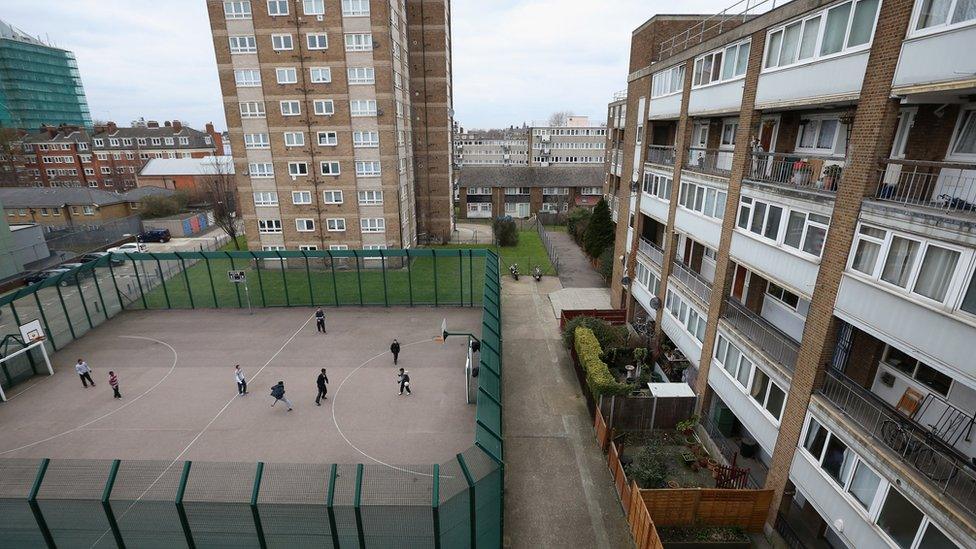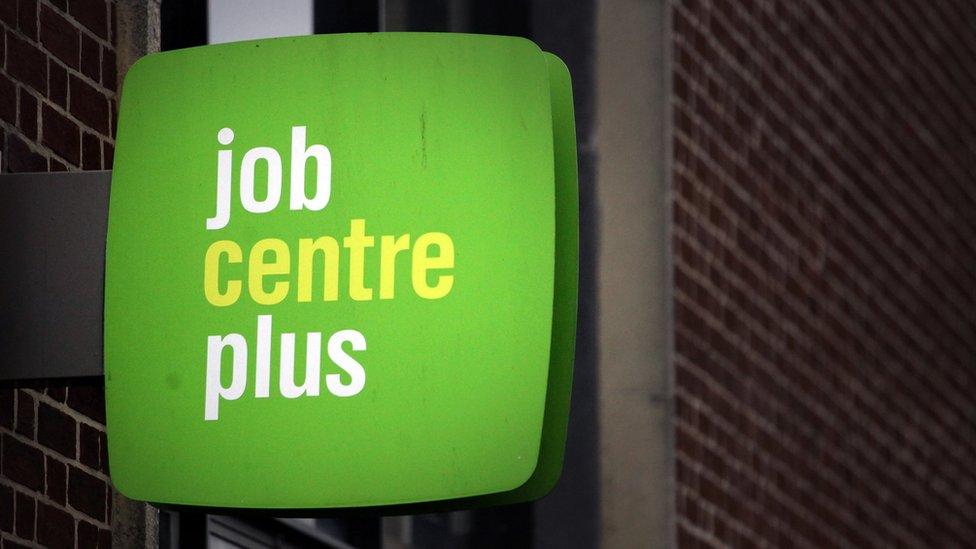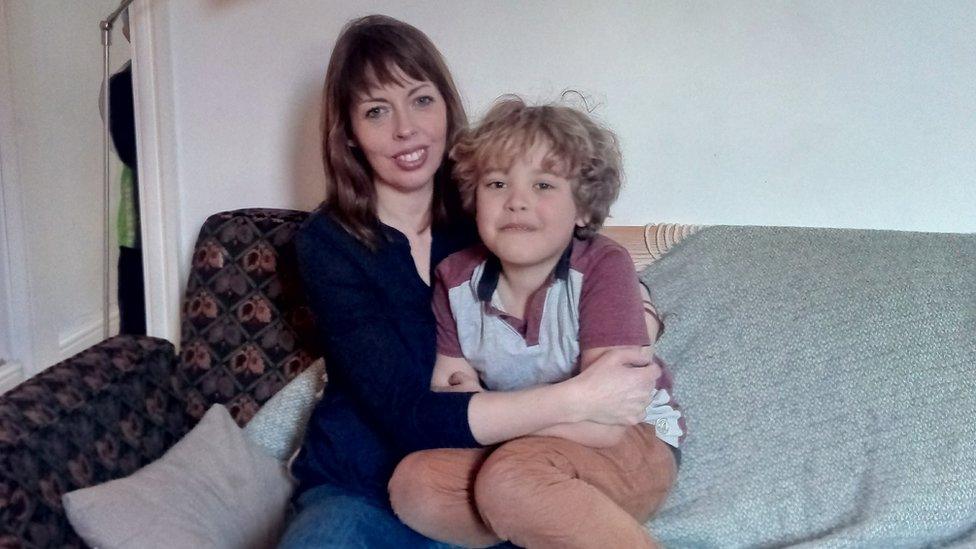Housing-benefit errors 'making families homeless'
- Published

Some struggling families are being pushed into homelessness by failures in the very system designed to keep a roof over their heads, a watchdog says.
The Local Government Ombudsman found some local authorities in England were miscalculating housing benefit payments and then curtailing rights of appeal.
It upheld eight out of 10 of the hundreds of complaints it investigated about the benefit in 2018-19.
Town hall bosses said the report raised some important issues.
It also said the funding councils received to administrate housing benefit fell short of its true cost.
Michael King, the Local Government and Social Care Ombudsman, said: "Mistakes in benefit administration can only add to the pressures households face.
"A delay in processing an appeal later upheld can lead to rising rent arrears.
"Many of the people who complain to us face the threat of losing their homes."
In one example, a young family with a disabled child had to leave their London home following a miscalculation of their housing benefits by Haringey Council.
Threatening letters
The detailed report upholding the family's complaint said: "The single-parent family had been living in privately rented accommodation but were asked to leave by their landlord after the council incorrectly told him the family owed more than £8,000 in backdated benefits.
"The family had to stay in unsuitable accommodation while the council put right its mistakes and recalculated the mother's correct entitlement.

"The council has also agreed to pay the woman £1,000 for the distress caused, a further £1,300 to recognise she was in unsuitable accommodation for six months and £500 for storage costs she incurred when she had to leave her rented property."
The ombudsman also highlighted the story of a man left in limbo for two years, not knowing the amount of support he should receive and how much the council would pursue him for.
A simple administrative error combined with an inability to update records meant the council could no longer work out why it had overpaid his housing benefit.
All the while it sent him letters threatening recovery action every fortnight.
Right of appeal
In total, the ombudsman received 491 complaints in 2018-19 and carried out detailed investigations into 74.
Problems highlighted by the ombudsman include councils preventing families from challenging decisions by interpreting rules around appeals overly literally.
Claimants who disputed a housing-benefit decision but did not use the word "review" or "appeal" in their communication, for example, should not be prevented from appealing, the ombudsman said.
Ordinary claimants could not be expected to be expert in the finer points of housing-benefit legislation.
In addition, some councils started recovering overpayments before the one-month time limit for appeals was up or before appeals had been heard.
And others failed to pass on disputed decisions to cases to the relevant social-security tribunal.
A Local Government Association spokesman said as well as a lack of funding, departments had faced continuing pressures and uncertainty over welfare reforms and the introduction of the all-in-one benefit, universal credit. This had also stretched councils' revenues and benefits services.
"It is vital that the government recognises the ongoing role of councils in administering housing benefit and in supporting claimants [and] provides appropriate, timely funding to councils to deliver this role, to ensure that councils are able to provide the fairest, most accurate service that they can," he added.
- Published9 May 2019

- Published11 November 2019

- Published21 September 2015

- Published26 February 2018
